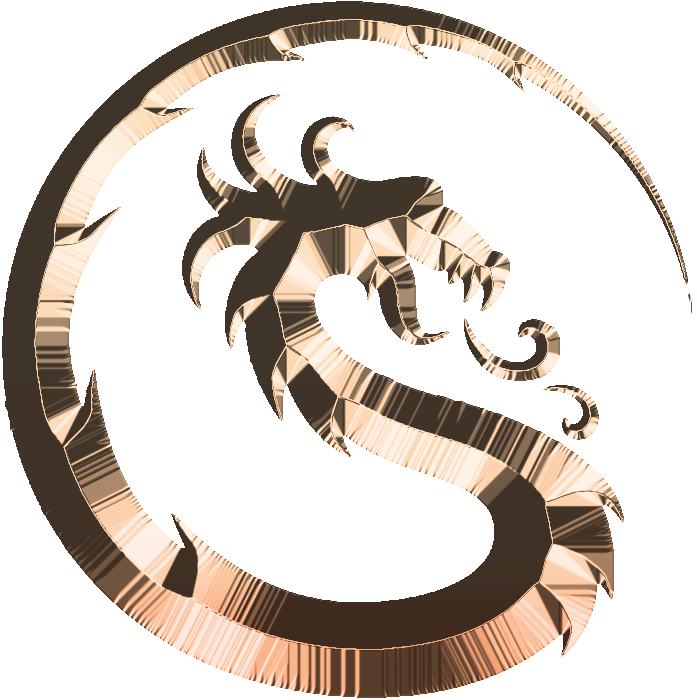This month on the SFWA Blog, author Terry Bisson offers 60 Rules for Short SF and Fantasy. I found Rule #3 particularly interesting: “The SF reader is a gamer who brings problem-solving intelligence to the story. This is the SF writer’s one great advantage. Use it.”

While I don’t write science fiction, this got me thinking about the stories I enjoy reading. Most of them involve some mystery or riddle the protagonist must solve, a puzzle that keeps the reader’s mind churning until the end of the novel. My all-time favorite historical novel about medieval monks (a subject dear to this blog) is Umberto Eco’s The Name of the Rose, a murder mystery at heart set in 1327. The Name of the Rose helped spawn an entire subgenre of historical mysteries and helped inspire my own novel. While my novel is more historical fantasy than historical mystery (it’s certainly not a whodunit), there is a puzzle at the core of the plot for both the protagonist and reader to solve. In crafting it, I followed a basic rule: write what you like to read.
The puzzle or riddle plot type is one of twenty classic plot types listed in 20 Master Plots: And How To Build Them by Ronald Tobias. Other plot types, such as the “Adventure” and the “Quest,” seem more common in the fantasy genres, but there are a handful of stories out there with puzzle-like plots. The Harry Potter books, for example, have a mystery at the heart of each novel. Maybe that’s one reason they were so fun to read. Other books with puzzle-like plots include The Historian by Elizabeth Kostova, The Arcanum by Thomas Wheeler, and Deryni Rising by Katherine Kurtz. All these books kept me thinking – and turning the pages – until I had the puzzle solved.
I’m curious as to your views. Do you like a good puzzle at the heart of your plot? A story where you, the reader, can bring your problem-solving intelligence to bear? Or do you prefer other plot types for the fiction you read and write?

BJB
July 25, 2011 - 3:00 pm ·Interesting question. I like variety, so I enjoy books with puzzle plots as well as books without puzzles. In my experience, puzzle plots are rather challenging (to the writer) to pull off well; i.e., in a way an intelligent reader will enjoy and respect. For example, I dislike puzzle plots that withhold critical information until revealing the full solution, and thus could never have been fully solved by the reader before reaching the end anyway. My reaction is, "well, if I would have known x-y-z before now, I might have figured out the answer!" Similarly, I have seen puzzle plots resolved in ways that seem to contradict logic and the earlier signals in the story. And I am not talking about just a "twist" or surprise, I am talking about outcomes that make you say "What? Really? Come on!" Finally, I get frustrated with puzzle plots that end up with sort of stupid or otherwise unsatisfying solutions, whether I could figure them out early or not. What a disappointment to work through a long book to reach an anti-climax. I am not going to name specific books meeting these examples, as I am not trying to put down specific authors or their work. Suffice to say, however, that I think I have seen puzzle plots done poorly more often than well. Good luck with your book being the latter!